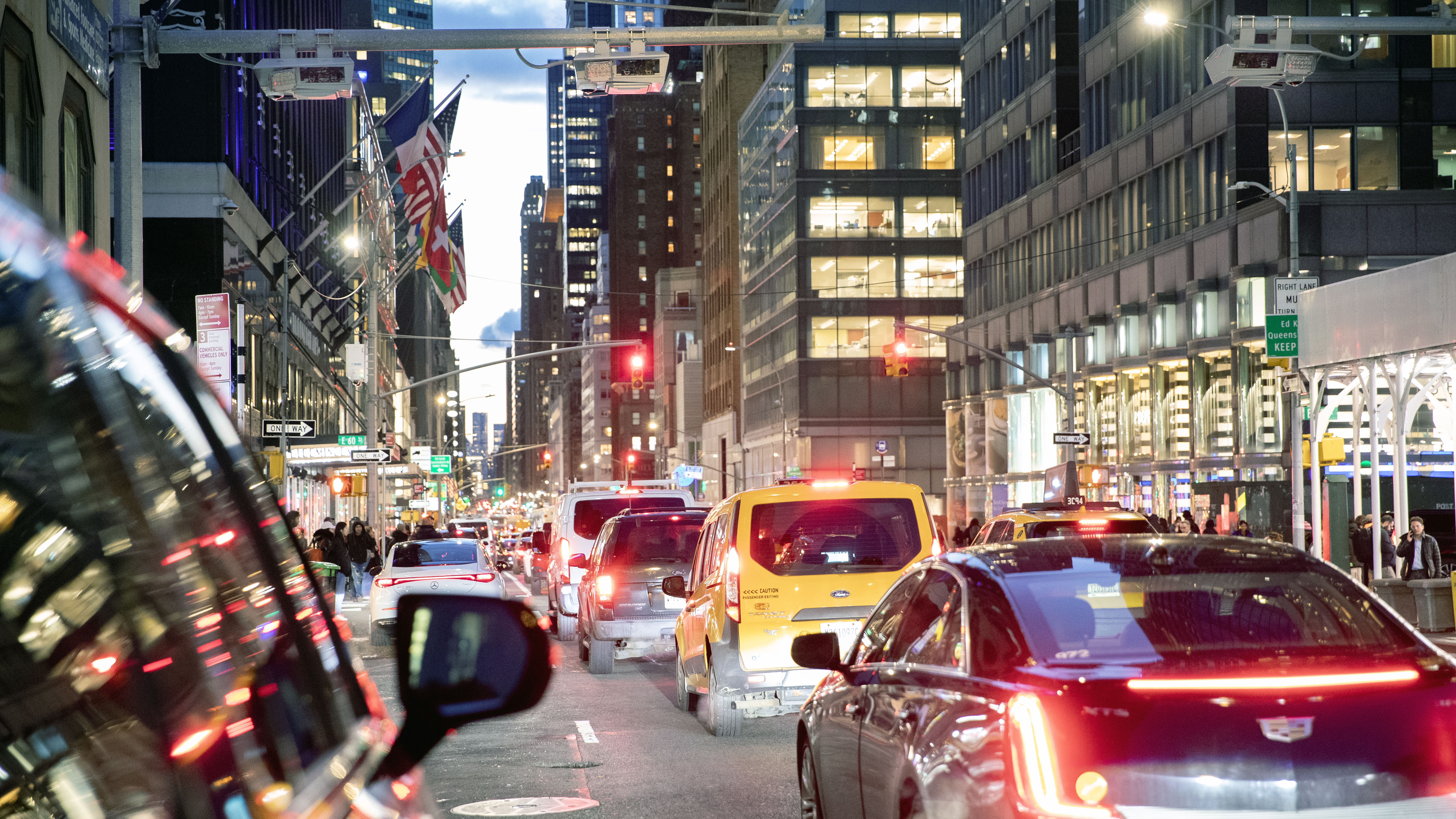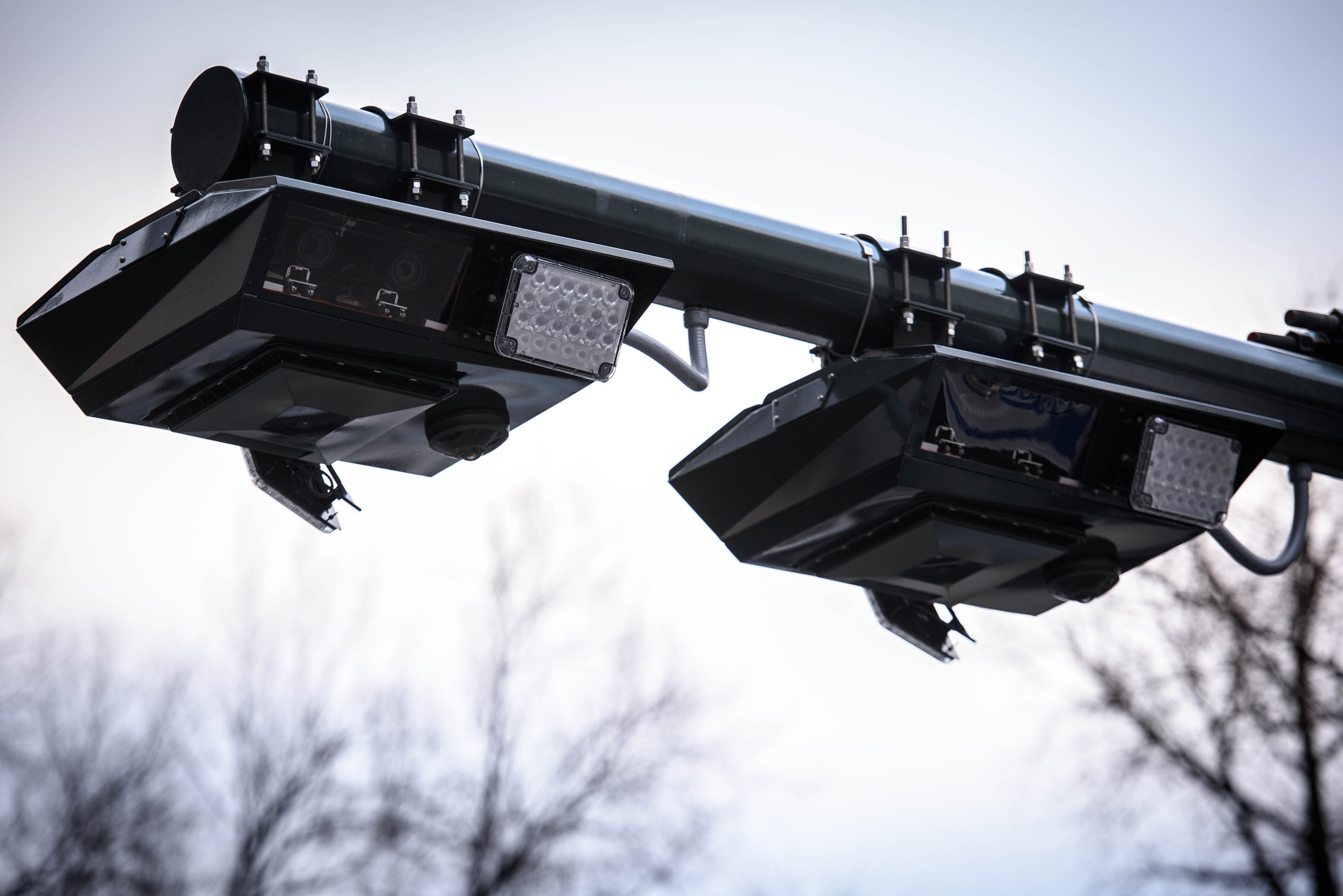What to Know
- Former professional runner, Mary Cain, founded Atalanta NYC, a nonprofit organization that gives back to the community while empowering professional athletes.
- Athletes at the organization develop career skills while serving as mentors to young girls in New York City.
- Cain is a part of a new movement working to raise awareness about women’s mental health in sports.
Mary Cain was 17 years old when she toed the line for the 1500 meter run at the 2013 World Championships in Moscow.
Competing at this event made her the youngest American athlete to represent the U.S. at a world championship event in track and field —another impressive feat to add to the growing collection of accomplishments Cain had achieved in the sport of track and field.
Destined for greatness, the Bronxville native set out for Eugene, Oregon where she would train with the Nike Oregon Project as a professional athlete. The future was looking bright for the middle-distance prodigy.
Get Tri-state area news and weather forecasts to your inbox. Sign up for NBC New York newsletters.
Instead, her career fell apart.
While with the Nike Oregon Project, Cain endured multiple injuries that worsened her mental and physical health, causing her to leave the team. In an opinion piece released by the New York Times several years later, Cain attributed her condition to abuse she received from the head coach, Alberto Salazar.
But now she’s making a comeback.
News
After nearly five years, Cain is returning to the track. Only this time as the President and CEO of Atalanta NYC, a nonprofit organization dedicated to empowering the lives of professional female athletes and young girls through running.
Cain told NBC New York that she founded the organization to solve two issues in track and field: career transition and lack of opportunities for women in sports.
“For the talk of every organization that says they love to hire Olympians, the truth is most Olympians have no career experience,” said Cain. “It’s that next step that can become really fraught and lead to a lot of anxiety, especially for women.”
In addition to racing, runners with Atalanta NYC hold a job within the organization so they can develop career skills that will help them find another job once their running career ends.
“I always felt like there were so many opportunities for athletes to grow as individuals,” said Cain.
Runners with Atalanta NYC earn a salary of $60,000 per year and receive benefits, like health insurance, which Cain said is rare in the sport.
The organization also features a service learning program that aims to give back to the local community. Athletes with Atalanta NYC will serve as mentors to young girls and teach them how to develop a healthy relationship with sports through seasonal workshops.
“You don’t really see role models on the women's side of sports,” said Cain. “[At Atalanta NYC] we’re really creating this symbiotic experience where the pros are giving back to the community but the community is really enriching the pro’s experience.”
[At Atalanta NYC] we’re really creating this symbiotic experience where the pros are giving back to the community but the community is really enriching the pro’s experience.
Mary Cain, President and CEO of Atalanta NYC
At these workshops girls will go to parks and learn new skills, like practicing mindfulness, that they can use to overcome challenges in sports and their day to day lives.
“These are things that can create joy in running, create joy in sport but also [you can bring them in] before your next big interview or test,” said Cain.
Cain is among a new generation of athletes working to improve the mental health and wellbeing of women in sports. Other athletes, like Naomi Osaka and Simone Biles, have also spoken out about the injustices women face in sports especially when it comes to mental health.
According to data from Athletes for Hope, 35 percent of professional athletes experience a mental health illness that can arise due to the pressure that some athletes feel from the public and media.
Cain believes that this pressure arises from to the lack of coverage that sports receive during non-Olympic years and encourages viewers to pay more attention to these sports outside of the games.
“We put such a high value on the Olympics because the majority of people don’t really take the time to watch our sports outside of the Olympic years,” said Cain. “It creates this really unhealthy dynamic of putting so much pressure on one moment.”
“The more people watch year round the less those moments become do or die and instead more become a feather in an athlete's cap.”



